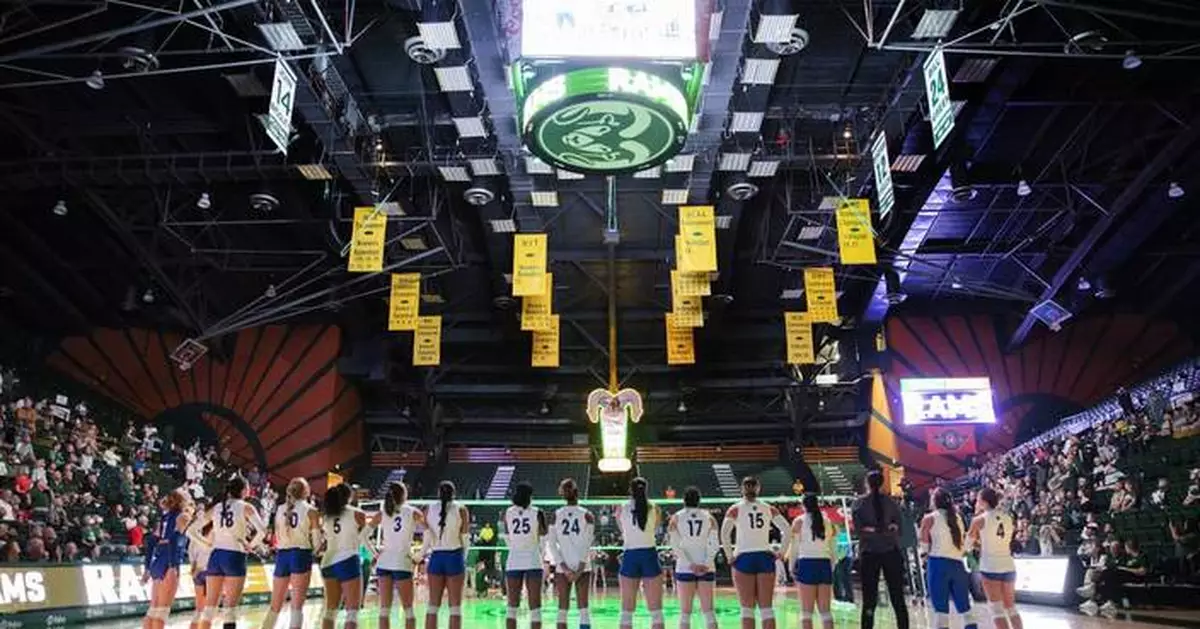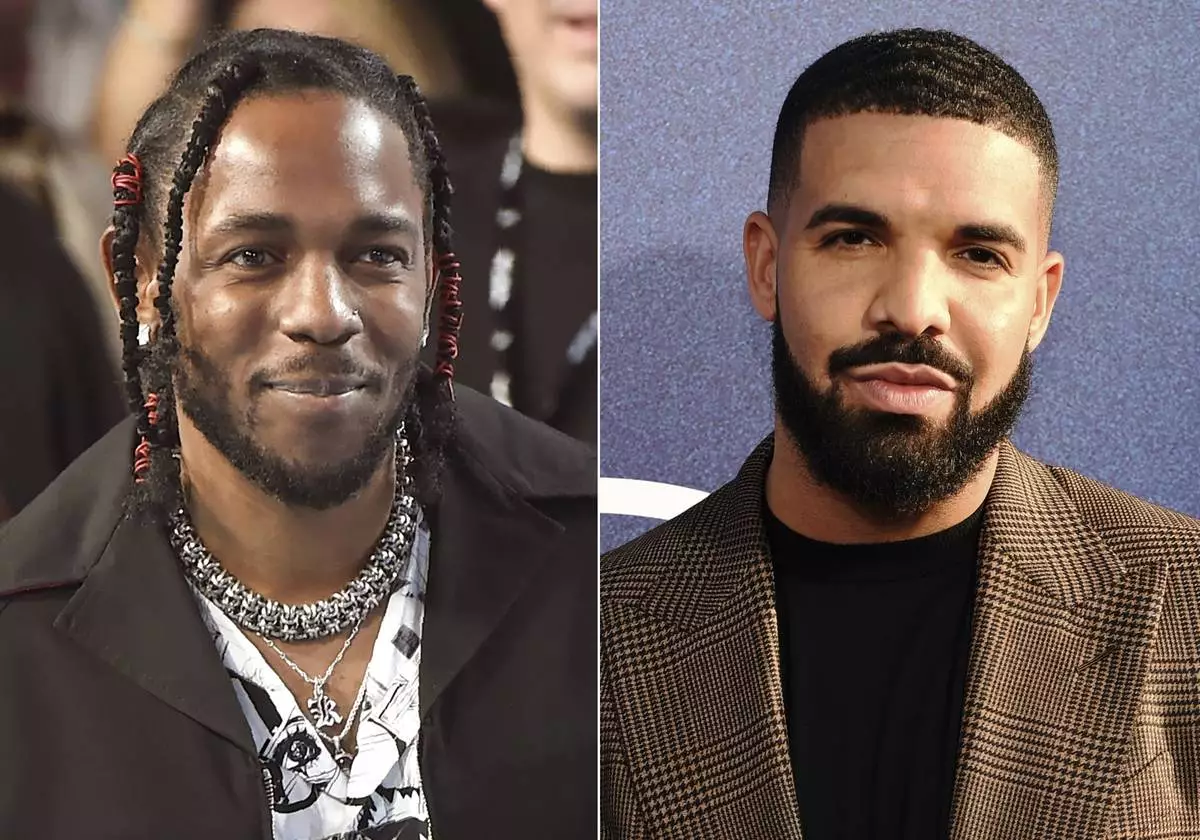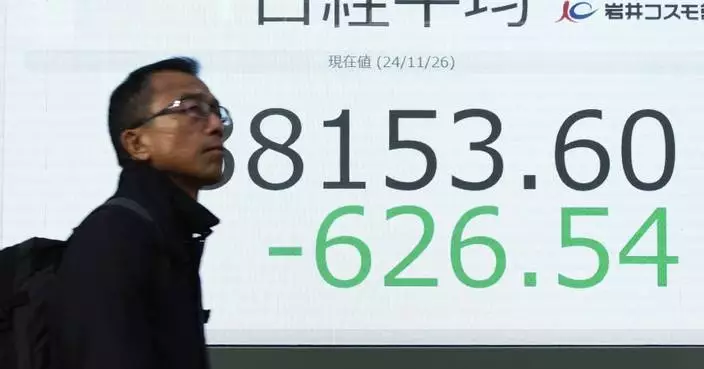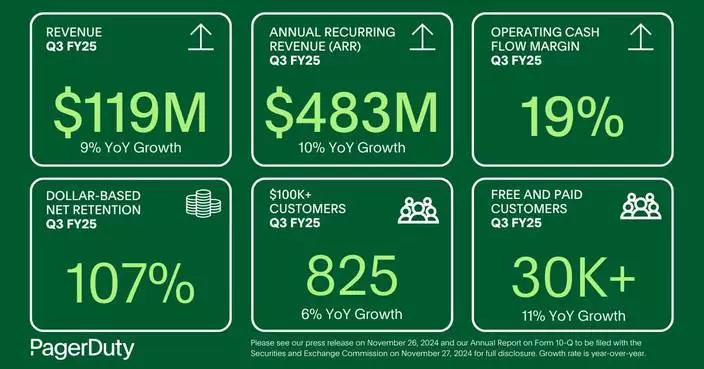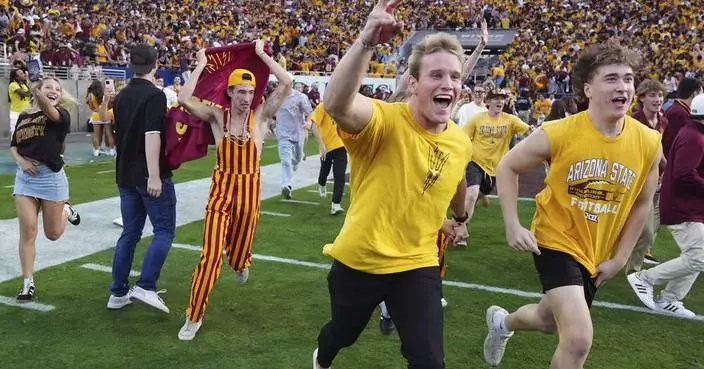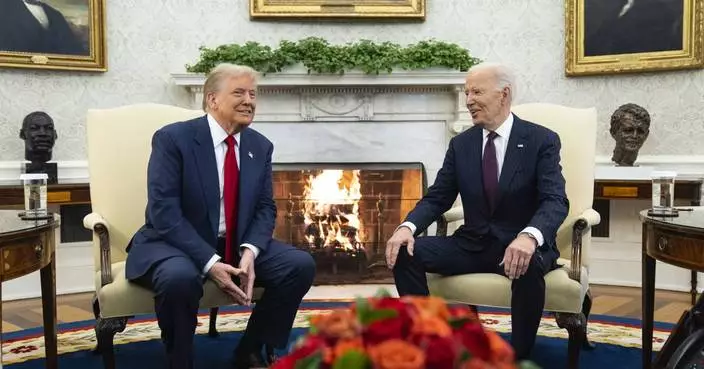A federal appeals court upheld a ruling Tuesday that allows a San Jose State women’s volleyball team member to play in this week’s Mountain West Conference tournament after a legal complaint said she should be ineligible on grounds that she is transgender and thus stronger, posing a safety risk to teammates and opponents.
A two-judge panel of the 10th U.S. Circuit Court of Appeals agreed with U.S. Magistrate S. Kato Crews in Denver. On Monday he rejected the request for an emergency injunction, finding the players and others who challenged the league’s policy of allowing transgender athletes to participate should have filed the complaint earlier.
The tournament starts Wednesday in Las Vegas, but top-seeded Colorado State and second-seeded San Jose State have byes into Friday’s semifinal matches.
Judge Crews and the 10th Circuit noted the request for the emergency injunction was filed in mid-November, less than two weeks before the tournament was scheduled to start. The complaint could have been made weeks earlier, both courts said. The first conference forfeit happened Sept. 28. All the schools that canceled games against San Jose State acknowledged at the time that they would take a league loss, Crews noted.
The players and others who sued are disappointed that the appeals court found it would be “too disruptive” to enter an injunction the day before the tournament is scheduled to start, said William Bock III, an attorney for the plaintiffs.
The appeals court said the plaintiffs' "claims appear to present a substantial question and may have merit,” but they have not made a clear case for emergency relief.
“Plaintiffs look forward to ultimately receiving justice in this case when they prove these legal violations in court and to the day when men are no longer allowed to harm women and wreak havoc in women’s sport," Bock said in a statement.
The athlete has played for San Jose State since 2022, but her participation only became an issue this season. The conference policy regarding forfeiting for refusing to play against a team with a transgender player has also been in effect since 2022, the conference said.
Injunctions are meant to preserve the status quo, Judge Crews said, and her playing is the status quo.
The motions for an injunction also asked that the four teams that had conference losses for refusing to play against San Jose State during the regular season have those losses removed from their records and that the tournament be re-seeded based on the updated records. Crews denied that motion and the 10th Circuit did not address it.
Neither San Jose State nor the forfeiting teams have confirmed the school has a trans woman volleyball player. The Associated Press is withholding the player’s name because she has not commented publicly on her gender identity. School officials also have declined an interview request with the player.
Crews’ ruling referred to the athlete as an “alleged transgender” player and noted that no defendant disputed that the San Jose State roster includes a transgender woman player.
San Jose State “maintains an unwavering commitment to the participation, safety and privacy of all students at San Jose State and ensuring they are able to compete in an inclusive, fair and respectful environment,” Athletics Director Jeff Konya told students Tuesday.
He praised the resilience student-athletes, the athletic department and staff have shown while the court challenges played out over the past nearly two weeks.
“The fact that they have come to this point of the season as a team standing together on the volleyball court is a testament to their strength and passion for their sport,” Konya said.
The conference said Monday it was “satisfied” with the judge’s decision and would continue upholding policies established by its board of directors, which “directly align with NCAA and USA Volleyball.”
An NCAA policy that subjects transgender participation to the rules of sports governing bodies took effect this academic year. USA Volleyball says a trans woman must suppress testosterone for 12 months before competing. The NCAA has not flagged any issues with San Jose State.
In Friday's semifinals, San Jose State is scheduled to play the winner of Wednesday’s match between Utah State and Boise State — teams that forfeited matches to San Jose State during the regular season. Boise State associate athletic director Chris Kutz declined to comment Monday on whether the Broncos would play San Jose State if they won their first-round tournament game. Utah State associate athletic director Doug Hoffman said the university is reviewing the order and the team is preparing for Wednesday’s match.
Wyoming and Utah State also forfeited matches against San Jose State.
Some athletic associations, Republican legislatures and school districts have sought in recent years to restrict the ability of transgender athletes, in particular transgender girls and women, to compete in line with their gender identity.
The Republican governors of Idaho, Nevada, Utah and Wyoming have made public statements in support of the team cancellations, citing fairness in women’s sports. President-elect Donald Trump likewise has spoken out against allowing transgender women to compete in women’s sports.
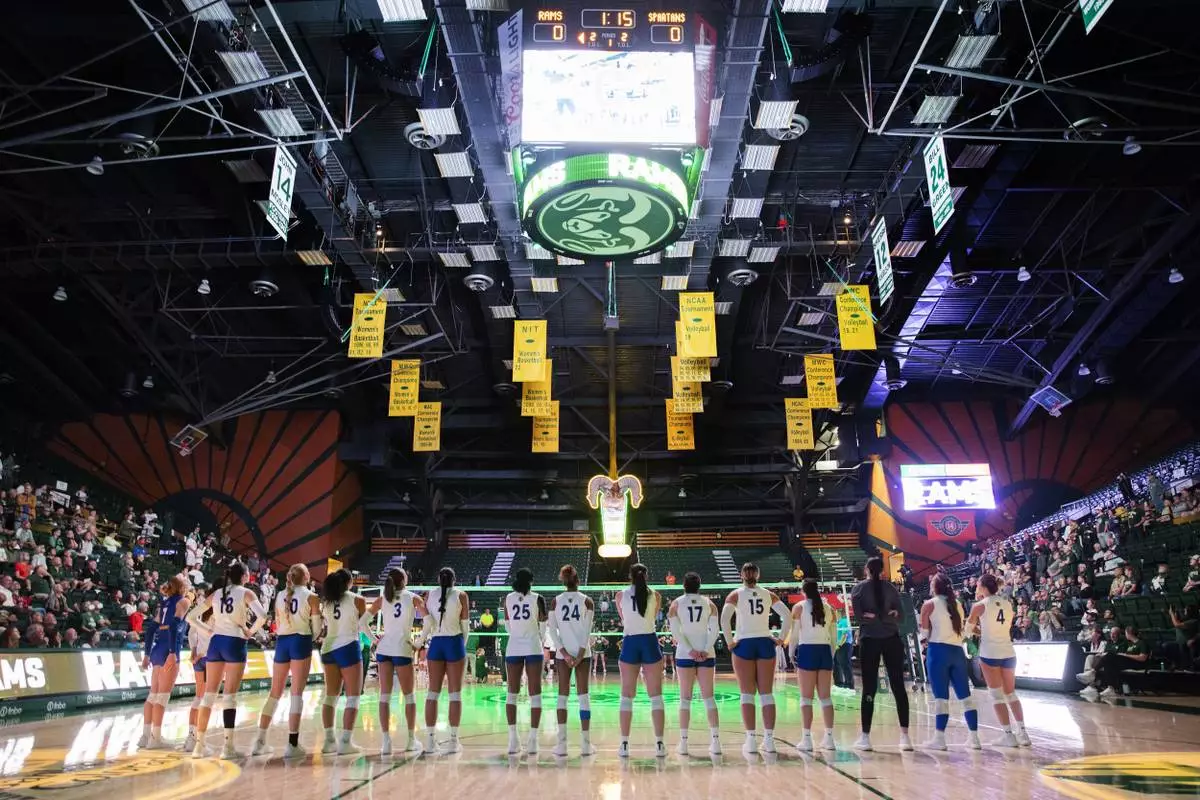
FILE - The San Jose State University Spartans line up for the playing of the national anthem and player introductions for their NCAA Mountain West women's volleyball game against the Colorado State University Rams in Fort Collins, Colo., on Oct. 3, 2024. (Santiago Mejia/San Francisco Chronicle via AP, file)


